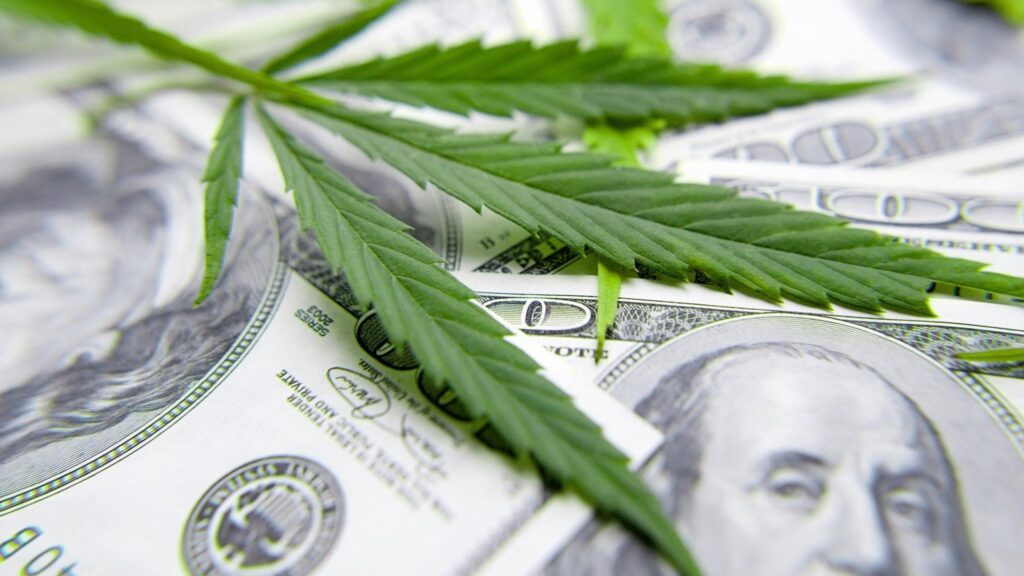US health officials propose relaxed rules for cannabis regulation.

The US Department of Health and Human Services has urged the Drug Enforcement Agency (DEA) to relax federal regulations concerning cannabis, initiating a potentially transformative shift in US drug policy. Despite the fact that 40 out of 50 US states have legalised some form of cannabis use, it remains federally prohibited. Currently categorised alongside heroin and LSD, cannabis’s classification may be changed by the DEA, signifying a significant pivot in drug policy spanning several decades.
Presently labelled a Schedule 1 drug under the Controlled Substances Act, cannabis is designated as having no medical utility and a high potential for abuse. If reclassified as Schedule 3, it would align with substances associated with low dependency and abuse potential, such as ketamine, codeine, and anabolic steroids.
In the prior year, President Joe Biden directed his attorney general and health secretary to assess whether cannabis could be downgraded to a less severe category. On Tuesday, the Department of Health and Human Services (HHS) formally proposed this to the DEA, underscoring the scientific and medical assessments conducted during the process. The DEA, responsible for scheduling or rescheduling drugs under the Controlled Substances Act, will commence its evaluation.
HHS’s statement highlighted the expedited administrative process, completed in less than 11 months, showcasing the department’s cooperative and leadership efforts in conducting a comprehensive scientific evaluation.
While the recommendation falls short of completely removing cannabis from the Controlled Substances Act, advocates have advocated for full descheduling, equating its regulation with alcohol or tobacco. Reclassification could facilitate expanded research and improved banking options within the cannabis industry. Current tax regulations compel most US marijuana businesses to rely on cash transactions due to banking restrictions on funds from certain drug sales.
Opinion polls indicate that a majority of Americans endorse some form of cannabis legalization. Presently, 23 states, including all those along the west coast and Washington, DC, allow adult recreational cannabis use, while medical use is sanctioned in 38 states. These developments underscore the evolving perspectives on cannabis across the nation.
